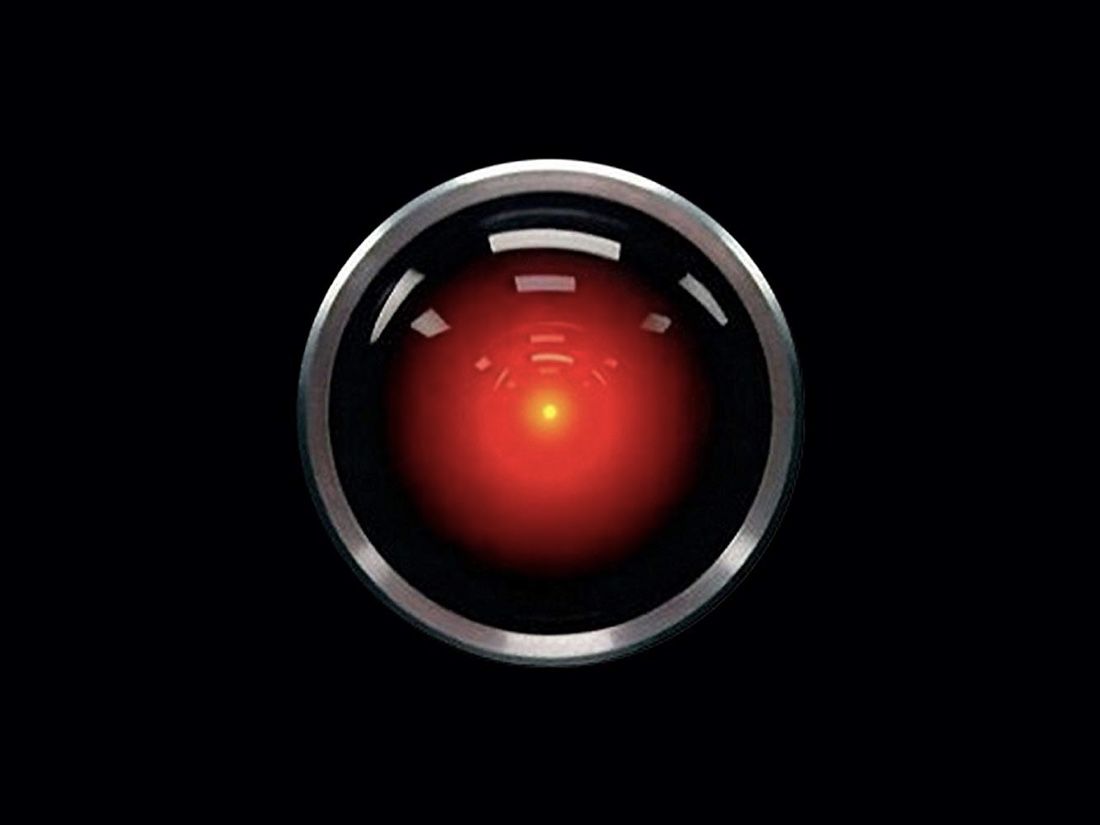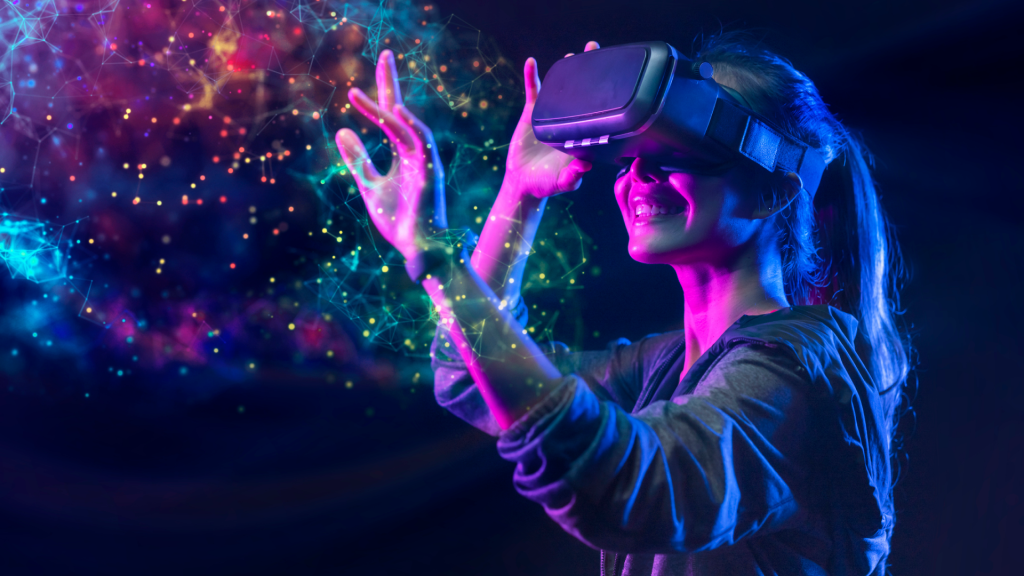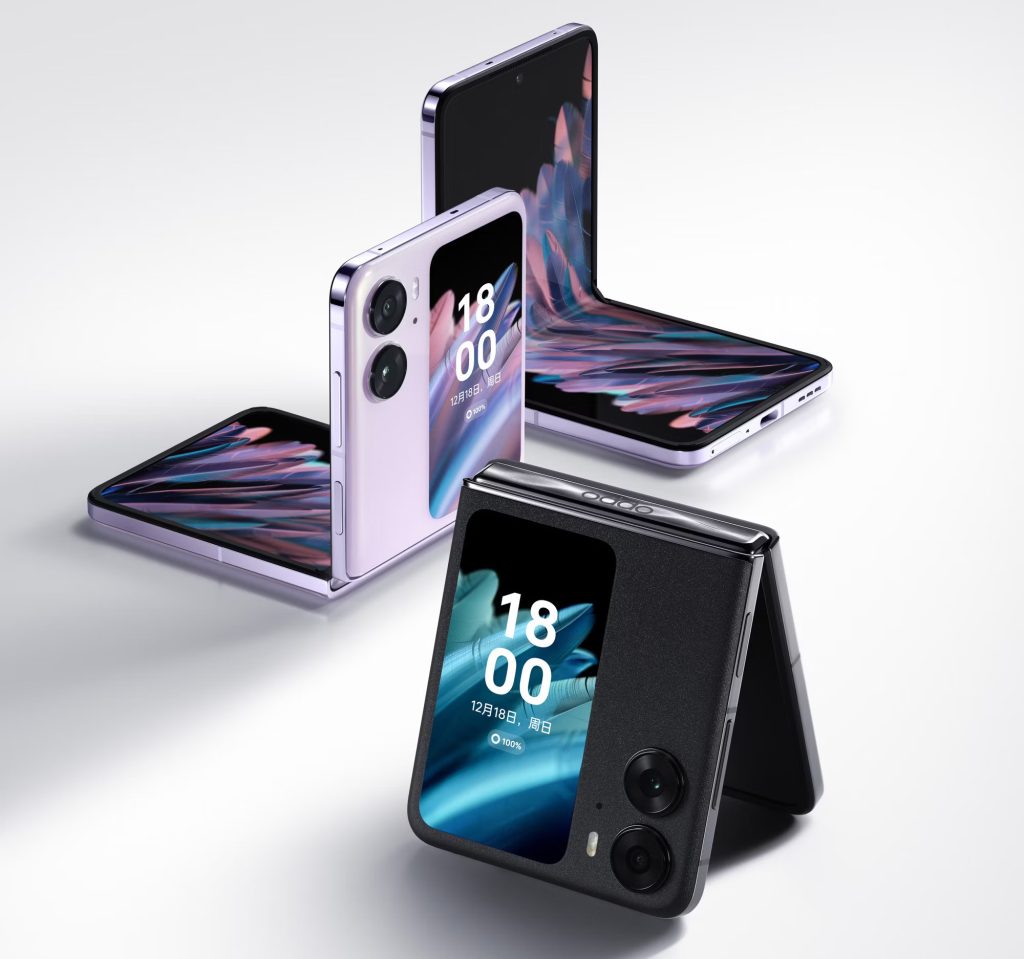
The trend is parasitic, but it needs to be stronger.
Microsoft has added a chatbot to Bing to challenge Google’s stranglehold in the sector. These chatbots’ primary objective is to save consumers time. A Google search result is now a never-ending list of articles from which one must actively seek the solution. The method could be more efficient since most of us never reach Google’s Page 2.
When you ask a buddy for restaurant recommendations, you don’t anticipate a deep analysis of the issue. One expects concise advice based on the experience of the other. If you desire additional information, they will clarify. However, do chatbots behave similarly? Here’s a chat we had with Google Assistant while working on this article—the technology is significantly less interesting.
Me: “Hi, Google. Find me the best restaurant for a burger.”
Google: “I found a few places near you.”
Me: “Can you choose the closest one?”
Google: “I found a few places near you.”
Me: “Stop repeating that.”
Google: “Got it. I’ll be so quiet.”
It is now attempting to eliminate the redundancy of online searches by providing immediate, relevant, and correct results without the user having to do all the hard work of finding it themselves. Nevertheless, as you would expect, it’s more complex since each chatbot synthesizes numerous huge language models.
Microsoft’s ‘new Bing,’ for example, is the outcome of not just ChatGPT but also Microsoft’s ‘Prometheus’ paradigm for safe, quick, and focused results. Similarly, Google launched its first endeavor last year with ‘Look and Speak,’ an on-device Assistant function that combined eight distinct machine learning models.
The Final Aim of ML

The dynamic and powerful pairing of voice assistants and AI is here to stay. With the advent of ChatGPT, not just the tech business but every other industry has been intrigued with the concept. To challenge Google’s search engine monopoly, Microsoft created the new ‘Bing,’ and the others followed suit. Google replied with their $100 billion blunder, ‘Bard,’ and the others followed suit.
Former Googler Deedy Das believes ChatGPT will not be able to compete with Google search. Google has alternative language models that are competitive, such as PaLM and Flan-T5, and retraining models is expensive. ChatGPT cannot recognize new content inquiries, although Google Search can. Just 1% of internet power users feel that search is dead, while ChatGPT is used by fewer than 0.1% of Google users.
Despite expanding numbers, AI-powered search engines and voice assistants still have hundreds of unsolved concerns and need to be more safe. As we witness innovations materialize on a regular basis, companies are obviously eager to unlock the models’ potential. The tech trend seems parasitic, but it has yet to persuade AI experts. Some experts are astounded, while others dismiss it as just amusement. As a result, the industry’s “next great thing” remains a hanging issue.
A Revolutionary Change

With ChatGPT dominating the news, the ultimate objective of a personal virtual assistant no longer seems to be a far-fetched sci-fi ideal. Since films like Star Trek depicted interacting computers, science fiction’s favorite theme has become a billion-dollar solution by big tech.
The creator of the World Wide Web agrees. Personal artificial intelligence assistants, such as ChatGPT, are a vision of the web’s future, said Sir Tim Berners-Lee last week on CNBC’s Beyond The Valley program. He added that users might operate their own AI, like their own version of ‘Alexa’ or ‘Siri, with their data pods. In the future, Berners-Lee envisions each user’s data on their pods being used by AI to aid them.
Yet, he is not the only one who predicts this. Chatbots, as the next big thing, will have “as deep an influence as prior changes we’ve seen,” according to Microsoft CEO Satya Nadella at the Microsoft Build 2016 event. He went on to say that technology has the potential to make computers more accessible to everyone. Today, Microsoft’s newest money-making launch to operate its search engine ‘Bing’ on OpenAI’s next-generation model ChatGPT has managed to trend on the internet.













